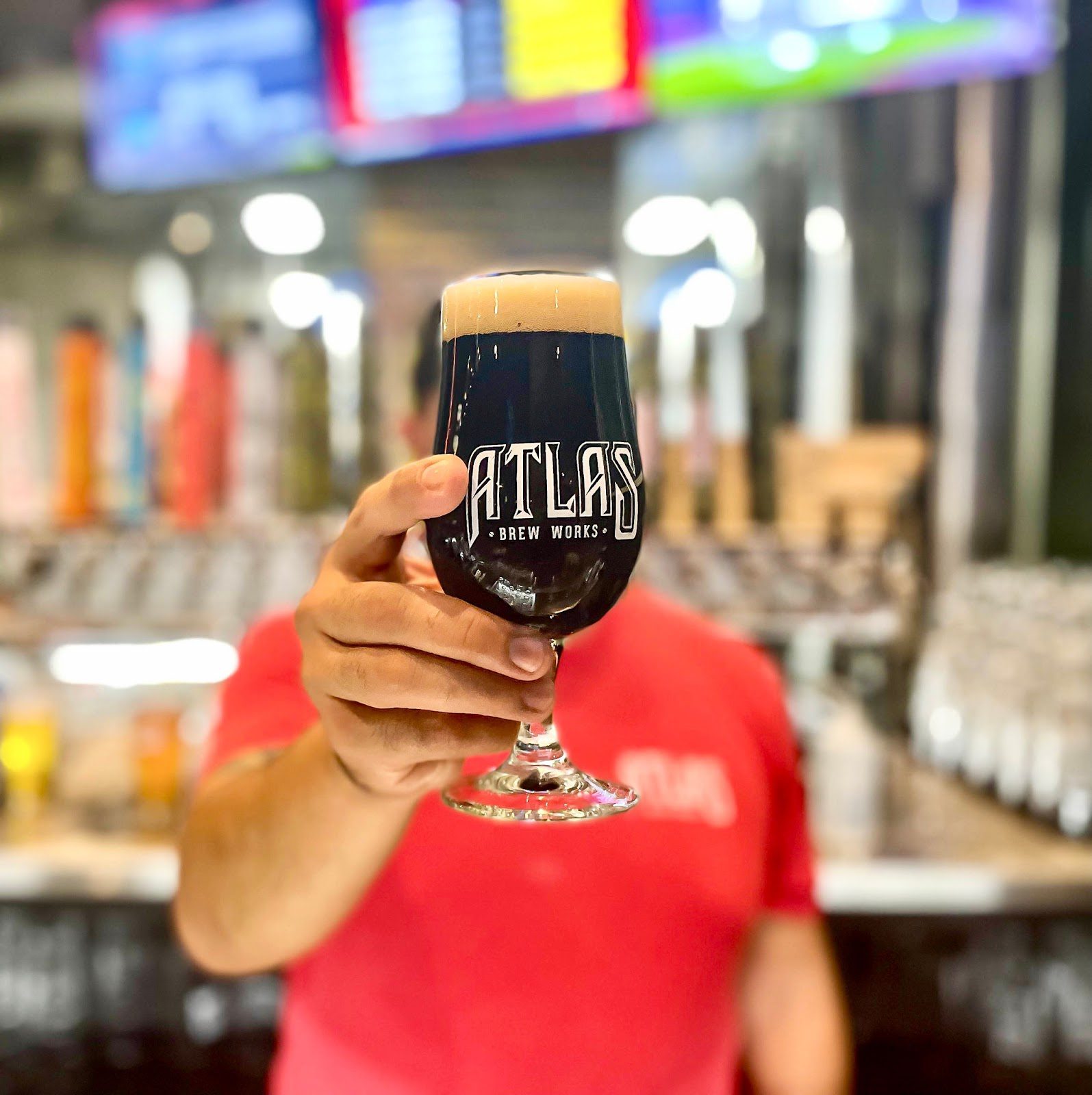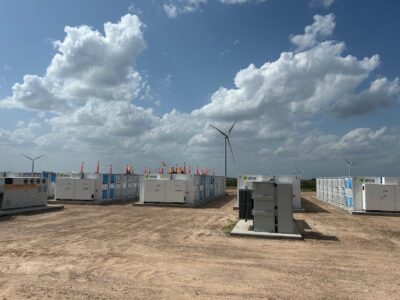In the winter of 2013, Justin Cox was on a bike ride through Washington, D.C.’s Northeast quadrant. The neighborhood, which sits due east of The Capitol, was once home to manufacturing warehouses as well as a rich art and entertainment scene along its H Street Corridor. In the District today, it is referred to as the Atlas District.
As Cox pedaled down West Virginia Avenue Northeast, along the diagonal avenue traversing the city’s northeast section, he spotted a small, vacant warehouse. Like the gears on his bike clicked, so too did those in his head, as he envisioned his long-standing hobby of craft brewing flourishing in the industrial space in front of him.
Cox, a Tennessee native, and a Vanderbilt University alumni had been entrenching himself in the world of craft beer creation for years – but as a mere hobby (and occasionally an at-home brewer). Not a master brewer by trade though, Cox had another full-time profession. Nonetheless, he had found himself an enclave of other at-home craft brewers and enthusiasts in the D.C. area.
Shortly after that bike ride, Cox recalls taking the second major risk of his life: signing for the space and opening his own brewery (the first risk, for what it’s worth, was moving to Washington, D.C. in pursuit of his would-be wife). The brewery would be called Atlas Brew Works.

Now holding two locations in the nation’s capital – the original location in Northeast D.C., and the second, a new location, in the rapidly expanding Southeast quadrant – Cox’s hobby has turned into a locally brewed kingdom.
In 2015, Atlas Brew Works made headlines for its commitment to environmentalism. With the installation of 270 solar panels on the roof of the flagship location, the brewery is 100% powered by sunlight.
Ahead of the boom of solar panel installations around 2017, Atlas Brew Works was one of the first craft breweries to do so, and its solar array was the largest in the District of Columbia at the time of installation.
The array, which has a grid capacity of 67.5 kilowatts, decreases the brewery’s electricity costs by 30%.
“Breweries, in general, are huge energy sucks,” founder Justin Cox told local news outlet The Washingtonian in 2015. “We spend all day heating stuff up and cooling it down and keeping it cool.” Cox, now an expert, is spot on, of course. Craft brewing is a resource-intensive process. Yet, across the country and even in the most rural parts of America, breweries are finding innovative ways to harvest green energy and foster community through taprooms. Sustainable breweries are cropping up everywhere, and they are here to stay.
Beyond their use of 100% clean energy, Atlas Brew Works uses other methods to shrink its carbon footprint, too. These include water recapture during the brewing process that allows already-heated water to be reused, conserving thermal energy that would otherwise be spent. The process saves 930 gallons of water per brewing cycle.
Despite the sometimes uppity desire for beer-from-a-bottle, Atlas has switched to cans for their individual beers, which are recyclable and also lighter (the latter limiting the amount of fossil fuels needed for logistics and distribution outside of their manufacturing facility).
The solar-powered brewery has not stopped there, though. They have partnered with MOM’s Organic Market – a medium-sized, regional grocery chain – to buy bruised or misshapen produce that didn’t quite make the cut with customers. Atlas then uses the fruits in a signature sour summer ale called Ugly & Stoned.

Atlas continues the cycle of waste reduction by donating their unused grain to local farmers for feed, a practice that is becoming increasingly common in the flourishing connection between sustainable breweries and their agricultural counterparts.
In 2016, Atlas Brew Works was awarded the District Sustainability Award by D.C.’s Department of Energy and Environment – a reflection of their commitment to environmental conservation and a strong indicator of their success that is still to come.






